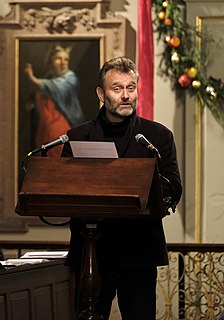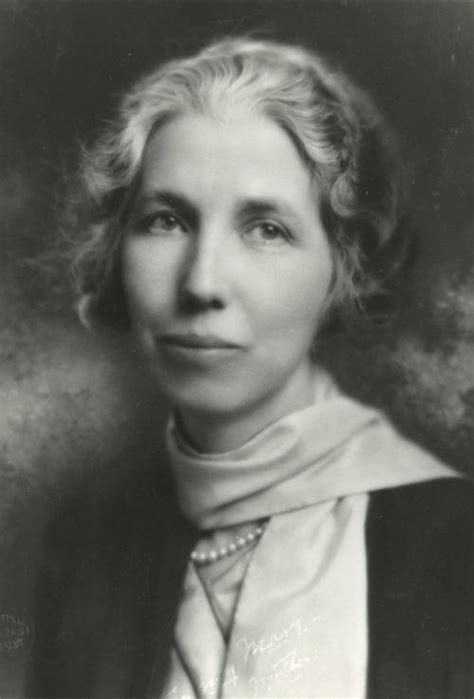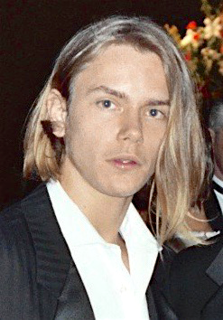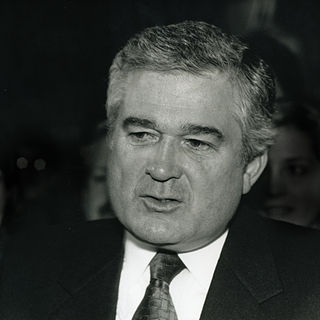A Quote by Hugh Dennis
The Great British Dig' is a fantastic format which combines finding out about the history of where you live and the surprising things that lie under your own back garden. Its kind of a community archaeology project.
Related Quotes
History is basically really looking back and finding out what happened to an individual, a community, a family, a group in a certain event. And so that's why I go, "Wow. That's what acting really is. You find out the background, you get the joy of creating a fictional history of a fictional character and you get to tell a story." So I felt that acting is making history come alive and it became my mode of trying to figure out what this craft of acting is really all about.
Archaeology in general is the recovery and study of the material culture of past civilizations. Biblical archaeology is as an application of the science of archaeology to the field of biblical studies. Through the comparison and integration of Scripture with the evidence of history and culture derived from archaeology, new insights into the biblical context of people and events, and sometimes the interpretation of the text itself, are possible. In this way archaeology serves as a necessary tool for biblical exegesis and for apologetic concerns.
I used to dig in the garden, and there isn't anything fantastic or ultradimensional about crab grass... unless you are a SF writer, in which case, pretty soon you're viewing crabgrass with suspicion. What are its real motives? And who sent it in the first place? The question I always found myself asking was, 'What is it, really?'
Inside every one of us is a garden, and every practitioner has to go back to their garden and take care of it. Maybe in the past, you left in untended for a long time. You should know exactly what is going on in your own garden, and try to put everything in order. Restore the beauty; restore the harmony in your garden. If it is well tended, many people will enjoy your garden.
I think to the degree writers are serious, there is a greater tendency for them to write to themselves, because they're trying to compose their own thoughts. They are trying to find out what is in their minds, which is the great mystery. Finding out who you are, what is in your head, and what kind of companion you are to yourself in the course of life. I do think people have very profound lives of which they say virtually nothing.
The history behind the Garden and all the players that have come through and played on that court in the Garden, I think that the history is the reason why it still is, in my mind, the mecca of basketball. It definitely draws me in. That's the thing about New York; that's a big thing about the history, and the Garden is a big part of that.
Basically, I have found that people who have tried to start communities out of good feelings or hippie-dippie abstract concepts of love - it doesn't work. But if you just concentrate on what is the identity of your town - its waterfalls, its battles, its notable mill strike or those things - you dig into what your town is from its rock formations to its history to its food. Then this thing called community happens all the time.
I try to just be open to what the next experience is and how it makes me feel, just reading a project, or trying to get involved with a project, or thinking about a project, and what particular emotional flavor that brings. To me, it's never really about planning the next thing, or the career arc. It's about investigating how I feel, from project to project, and finding things that I haven't explored and what that would be like.
If you want to become a man of letters and perhaps write some Histories one day, you must also lie and invent tales, otherwise your History would become monotonous. But you must act with restraint. The world condemns liars who do nothing but lie, even about the most trivial things, and it rewards poets, who lie only about the greatest things.

































